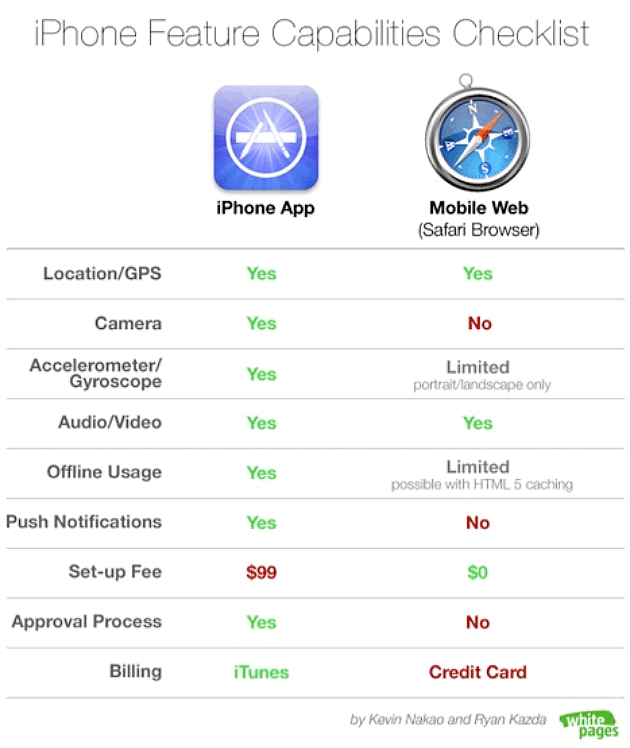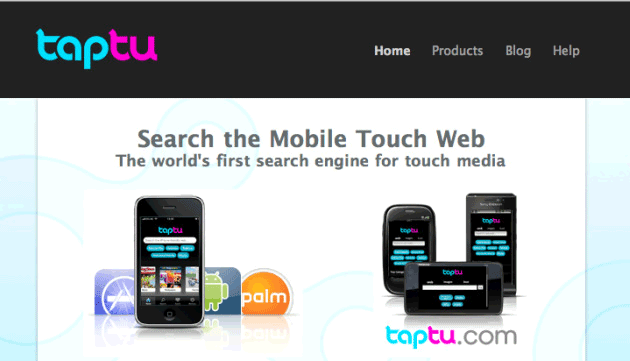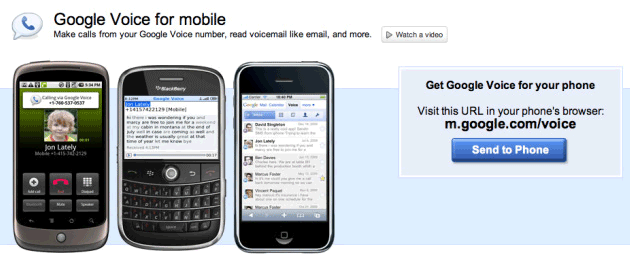Why You May Not Need a Mobile App
Kevin Nakao is the Chief Operating Officer for WhitePages, a Top 40 Web and Mobile Publisher. You can find him on Twitter, and on the Whitepages Blog where he writes about mobile, local, and social media.
Ever since Apple launched the app store, the company has been pushing its apps to get all of the attention. But when was the last time you read a review about a new mobile website? Thousands of apps and billions of downloads consistently steal the headlines, while the mobile web is largely ignored by everyone but the consumer. Yet, despite what the marketing would lead you to believe, consumers use the mobile web just as much as apps.
At my company, we raced down the same road, putting pedal to the metal on our apps while leaving our mobile website on cruise control. Our iPhone app has been a Top 10 iPhone reference application for almost two years with almost six million downloads, and even with all of the great chart positions and visibility – just as many iPhone consumers use our mobile website as the application. We are not alone; in April that 72 million mobile users accessed a website compared to 69 million users who used an application. Both are showing more than 25% year-to-year growth.
The Mobile Web Gets Better
When the app store first launched, only apps could use and access the device’s location. Last July, Apple launched OS 3.0 which provided Safari with GPS/location functionality. Apple’s HTML5 agenda continues to advance the mobile web browsing experience with video, audio, and a limited amount of caching or offline storage of data. The lines between apps and mobile web are blurring and converging.
Here’s a quick comparison of capabilities offered by applications and the mobile web:

However Apps Make Money
Apps make more money because iTunes makes it easier for consumers to pay. Similar to Amazon’s one-click check-out, iTunes is a virtual wallet used by more than 100 million customers. But a mobile website can’t integrate with iTunes billing — you need an app for that: We tested a premium offer via our iPhone app which achieved a 50% higher conversion rate than the same offer on the mobile web.
However, for advertising revenue, the rates we receive on the mobile web are similar to in-app advertising. In terms of performance, a study on the mobile web versus app for a major travel advertiser showed the mobile web out-performing advertising on the application. Apple does place restrictions on in-app advertising and has the right to refuse networks they deem competitive. There are no such restrictions on the mobile web.
So which should you choose for your business: A mobile web site, or a mobile application?
Why the Mobile Web Makes Sense in Certain Situations

Even if an app is still the right choice for you, consider building a mobile website first since it will allow you to build and refine a great consumer experience, optimizing touch screen navigation. Mobile search provide Taptu.com has highlighted the importance of this through its listings of “touch-friendly” mobile sites.
Another benefit of the mobile web is that you can write once to be read everywhere. With the mobile web, you can reach more devices with a single development effort. Unfortunately, mobile app platforms are fragmented, meaning you have to build specific apps for iPhone, Android, RIM, and Palm Pre. A mobile website can be built to standards that works on all these devices. There are also some fairly easy implementations that allow you to manage device profiles and optimize for different screen sizes.

One of the most satisfying benefits of the mobile web is the freedom to rapidly innovate and refine without approval or requiring the user to update and download. When Google could not get its voice application approved, for example, it responded by building a web version that required no approval process and used HTML5 for audio playback and SMS/Email for alerting.
When Creating an App is the Right Decision
Once you’ve optimized the experience, you can use your mobile website to graduate users to a more robust native app.
One of the most important differences between a popular app and the thousands you’ve never heard of is the merchandising from the iTunes App chart. Hitting the Top 4 on the Free App chart drove over 250,000 downloads for the WhitePages Mobile App. Download volume and positive ratings are important factors needed to get onto the chart. We achieved first week download velocity by promoting the app on our mobile website, which we had steadily built an audience for. Learning and optimizing our mobile website helped us create a better app that led to better reviews and ratings. It helps to think of the mobile web as a beta, and the app as gold.
On-device placement is also important, and a bookmarked site gets the same favicon placement on your iPhone as a downloaded app. Social media will continue to be an important distribution engine, and sharing the URL for a mobile website provides one-click gratification.
Whether you are just starting to put your mobile strategy together or have been at it for some time, don’t just chase the shiny lure of an app before catching the mobile users that are already surfing your site.
Net-Craft.com builds mobile websites and iPhone, iPad, and Android applications. Please contact us if you would like to learn more.